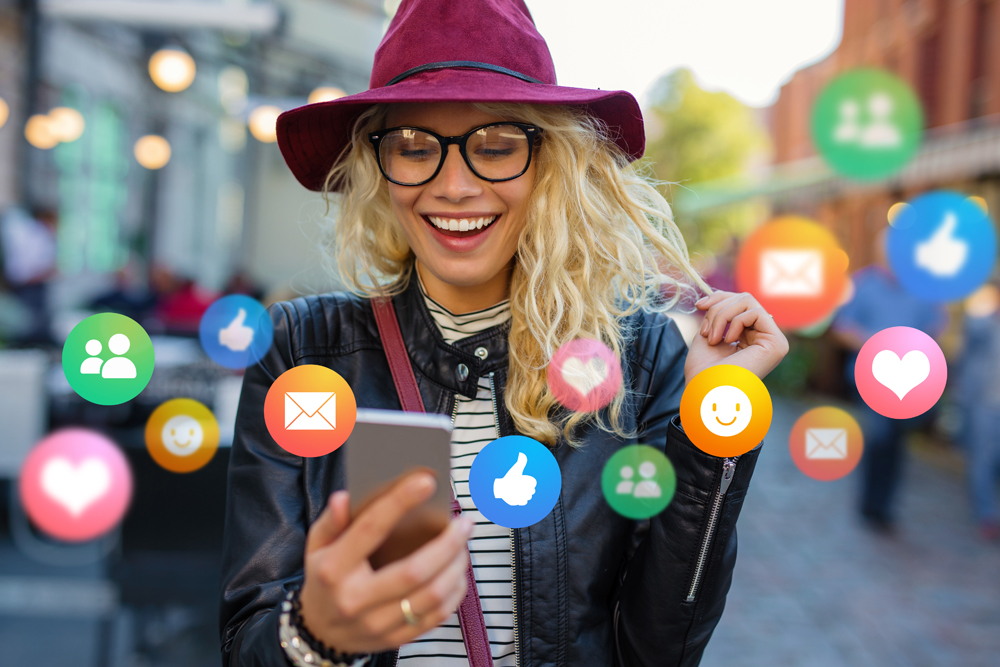
B2B loyalty programs are gaining momentum because they are vital for customer retention, which is crucial given that acquiring a new customer can be five times more expensive than retaining an existing one. In fact, increasing customer retention rates by just 5% can boost profits by 25% to 95%. Furthermore, B2B customers are typically larger and have longer buying cycles than B2C customers, making the stakes of customer loyalty even higher. As such, B2B loyalty programs are becoming a cornerstone strategy for many U.S. businesses looking to maintain a competitive edge in an increasingly saturated market. 81% of B2B marketers believe that implementing a loyalty program strengthens customer relationships. B2B programs often reward repeat purchases, encourage larger order volumes, and foster a deeper business partnership through exclusive offers, personalized services, and tailored rewards.
Post Covid, companies now prioritize dependable partnerships for consistent service and supply, driving a shift towards loyalty programs that foster long-term collaborations and mutual growth in a more digital, interconnected market landscape.
Talking of digital, ImmplyCloud seamlessly integrates design and technology, delivering transformative digital experiences. We empower businesses through bespoke, seamless/omni channel experiences. With our expertise, companies transition from conventional to exceptional, harnessing premier digital innovations.
The importance of B2B loyalty has risen due to several reasons since Covid:
- Economic Uncertainty: The pandemic brought economic volatility, making it crucial for businesses to rely on stable, long-term relationships for consistent revenue streams.
- Supply Chain Disruptions: With COVID-19 disrupting supply chains, having loyal B2B relationships helps ensure more reliable sourcing and partnerships.
- Shift in Buying Behaviors: The pandemic accelerated the shift to digital platforms, requiring businesses to adapt their strategies to retain and grow B2B relationships in a virtual environment.
- Need for Trusted Partnerships: The uncertainty fostered a greater need for trust and dependability in business relationships. Loyal partnerships are perceived as more reliable during unpredictable times.
- Increased Competition: The post-COVID market has seen increased competition; therefore, retaining existing B2B customers is more cost-effective and valuable than acquiring new ones.
- Focus on Value and Quality: The pandemic led businesses to focus more on value and quality in their transactions, making loyalty programs that emphasize these aspects more crucial.
B2B loyalty programs are a powerful tool for businesses to enhance customer relationships, gather valuable data, increase retention, and drive growth through tailored strategies and rewards. Here are some benefits of an effective B2B loyalty program:
- Tailored Rewards and Incentives: Unlike B2C programs, B2B loyalty schemes offer rewards that align with business goals, like volume discounts, exclusive access to products or services, and customized solutions.
- Enhanced Business Relationships: These programs are structured to deepen relationships, focusing on mutual growth and long-term collaboration. By understanding and addressing the unique challenges and needs of business clients, these programs help in forging stronger partnerships.
- Data-Driven Insights: B2B loyalty programs often leverage data analytics to gain insights into client behavior, preferences, and needs. This information enables businesses to offer more targeted and relevant rewards, improving client satisfaction and retention.
- Increased Customer Retention: By providing value beyond transactions, B2B loyalty programs help in retaining clients. This is particularly important as the cost of acquiring a new B2B client is typically higher than retaining an existing one.
- Customization and Flexibility: B2B programs offer a high degree of customization to address specific industry or client needs, making them highly flexible and adaptable to different business models and market changes.
- Strategic Communication: Communication in B2B loyalty programs is more strategic and focused on creating value for the client. It involves educating clients about products and services, providing industry insights, and sharing relevant content.
- Building Brand Advocacy: Satisfied B2B clients often become brand advocates, promoting the business within their own networks, which can lead to new business opportunities through referrals.
A B2B loyalty program typically features customized rewards catering to business needs, tiered structures for incentivizing different levels of engagement, experiential rewards such as exclusive events or workshops, referral benefits to encourage client expansion, and gamified elements in feedback collection.
- Perks: These programs offer bespoke perks tailored to business needs, such as priority service, exclusive access to products, and customized solutions that align with clients' business objectives, thereby fostering a sense of exclusivity and appreciation.
- Tiers: Tiered structures in B2B loyalty programs create a clear path for progression, encouraging businesses to engage more deeply. Each tier offers escalating rewards, recognizing and incentivizing increased investment and loyalty.
- Experiential Rewards: Moving beyond traditional transactional rewards, these programs often include experiential incentives such as exclusive events, industry-specific conferences, or educational workshops. These experiences not only add value but also help in building a community among clients.
- Referral Programs: B2B loyalty programs frequently incorporate referral incentives, encouraging existing clients to refer new businesses. This not only expands the client base but also reinforces the loyalty of existing customers.
- Gamified Surveys: Incorporating gamification in feedback mechanisms, like surveys, transforms routine tasks into engaging experiences. This approach not only increases participation rates but also provides valuable insights into client preferences and satisfaction.
Successful B2B loyalty programs like TRW Aftermath, Lenovo, Celebrity Cruises, American Express, Mailchimp & Co are great examples of power of innovative rewards and strategic partnerships in driving long-term business relationships. TRW, a global brand in the automobile industry, implemented the ‘Automotive Diamonds’ loyalty program. It is a centralized system where members earn points for purchases, redeemable for rewards, improving communications and customer data collection. Lenovo developed the ‘Lenovo Expert Achievers Program (LEAP)’ to retain business partners after acquiring IBM’s X86 server. The program offered educational modules and tracked sales performance, resulting in retained and new business partners and increased sales. Celebrity Cruises’ ‘Celebrity Rewards’ program incentivized travel agents, leading to increased sales, agent participation, and retention rates. ‘American Express Partners Plus’ program rewards organizations for successful referrals to AE’s Global Corporate Payments program, enhancing partner relationships.
Closing notes
In today’s interconnected business environment, B2B loyalty programs have transcended being a mere perk; they are now strategic imperatives. Amidst intensifying competition and evolving market dynamics, these programs serve as vital tools for fostering enduring relationships, ensuring customer retention, and driving mutual growth. They offer a framework for understanding and responding to partner needs through personalized experiences and rewards. More than just a loyalty mechanism, they are pivotal in cementing trust, encouraging collaboration, and leveraging insights for sustained success. In essence, B2B loyalty programs are not just about transactional benefits; they symbolize a commitment to long-term partnership and shared prosperity.
of our story
hr@annexcloud.com
















